In the digital age, education has transcended the confines of traditional classrooms, finding new dimensions through technological advancements. The emergence of smart educational frameworks and innovative curriculum development is reshaping the way students learn, educators teach, and knowledge is acquired. This transformative shift holds the promise of creating more relevant, engaging, and effective learning experiences for learners of all ages.
The Paradigm Shift towards Smart Educational Frameworks
Smart educational frameworks harness the potential of emerging technologies to create a dynamic and adaptive learning environment. These frameworks leverage tools such as artificial intelligence (AI), data analytics, machine learning, and the Internet of Things (IoT) to personalize learning experiences, optimize teaching strategies, and enhance overall educational outcome
Personalized Learning as the Cornerstone
Central to the concept of smart educational frameworks is personalized learning. With AI algorithms analyzing individual learning patterns and preferences, students can access tailored content and resources. This ensures that learners can progress at their own pace, grasp concepts more effectively, and focus on areas where they require additional support. Instructors, armed with data-driven insights, can provide timely interventions and guidance to students in need.

Data-Driven Insights for Educators
Smart educational frameworks empower educators by providing real-time insights into student performance. Through data analytics, teachers can identify learning trends, understand common pitfalls, and adjust their teaching methods accordingly. This data-driven approach enables teachers to be proactive in addressing challenges and promoting active learning.
Dynamic and Responsive Curriculum:
Traditional static curricula often struggle to keep up with the rapidly changing landscape of knowledge and skills. Smart educational frameworks embrace a dynamic curriculum model that evolves in real-time to align with the needs of the industry, society, and individual students. This ensures that learners are equipped with up-to-date knowledge and relevant skills, enhancing their employability and adaptability.
Integration of Multimodal Content:
Smart educational frameworks leverage various modes of content delivery, catering to diverse learning styles. Interactive simulations, virtual reality experiences, podcasts, videos, and online discussions enrich the learning journey. This integration of multimedia content engages students on multiple levels, making complex concepts more accessible and understandable.
Incorporating Critical 21st-Century Skills:
The changing landscape of the job market demands skills beyond rote memorization. Smart educational frameworks emphasize the development of critical thinking, problem-solving, creativity, collaboration, and digital literacy. These skills empower students to navigate a complex world and contribute meaningfully to society.
Challenges and Ethical Considerations:
While the potential of smart educational frameworks is exciting, challenges must be addressed. Privacy concerns, data security, equitable access to technology, and the potential for bias in AI algorithms are among the ethical considerations that need careful handling.
Conclusion: Shaping the Future of Learning
As technology continues to evolve, so too does the landscape of education. Smart educational frameworks and innovative curriculum development are leading the way in creating a more adaptive, engaging, and effective learning experience. By personalizing learning pathways, providing data-driven insights for educators, fostering critical skills, and ensuring relevance in a dynamic world, these frameworks are shaping the future of education—one that is truly empowering, inclusive, and transformative. As educators, institutions, and policymakers collaborate, the potential of smart education to unlock the full potential of learners is boundless.

